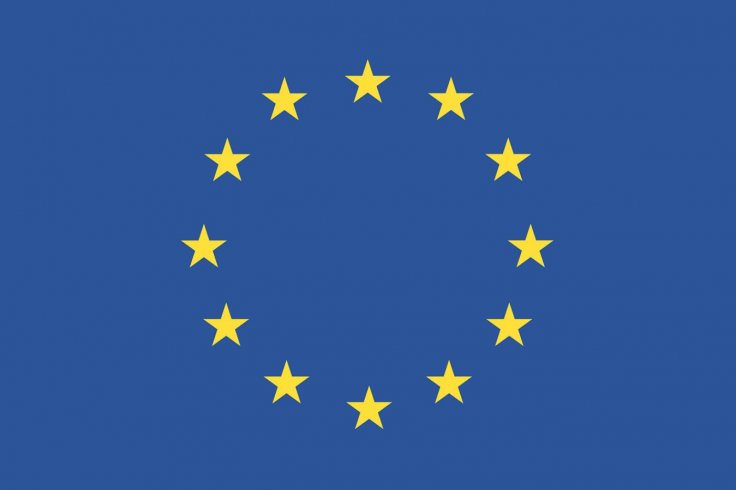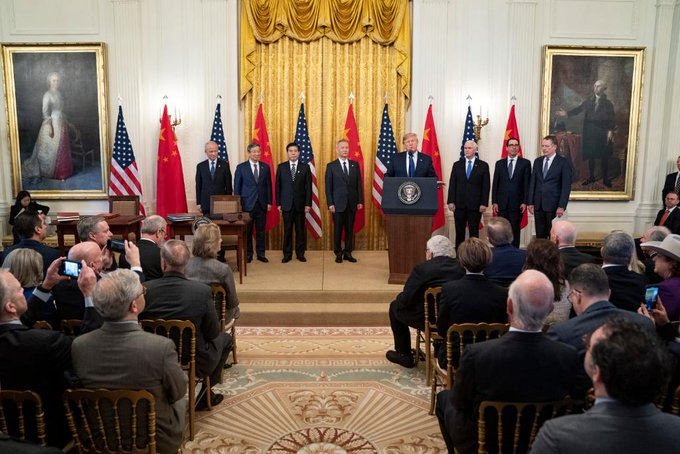China's exports saw a fall of 17.2 percent in January-February compared to the same period, a year earlier, while imports sank four percent. However, the country's imports and exports have improved, said the country's commerce ministry on Thursday.
China has been providing medical and research equipment to various countries affected by the coronavirus. Also, China took to technology like Big Data and AI (Artificial Intelligence) to tackle the pandemic's spread. The tactics and way of working have been used by other countries too. Now that China has almost won over the coronavirus outbreak, much of exports are to be expected.

China's hospitals were built in very short time spans; industrial internet was used to perform various activities like schooling too, reflecting its capacity.
The Chinese customs official, Jin Hai said on Sunday that, since March 1, almost four billion masks, 16 thousand ventilators, 37.5 million protective clothing pieces, with coronavirus testing kits of up to 2.84 million were exported to more than 50 countries, AFP news agency reported, reported Al Jazeera, while customs data marked the steepest export fall since February 2019, reported Reuters. Since early April, China has been producing 200 million masks per day.
China alleged of political interest

At the same time, many 'high-profile figures' started alleging and questioning China's intentions didn't arise out of humanitarian spirit but out of global political outlook. The Netherlands recently said that a huge amount of masks from China did not close the face properly and were defective with filters. Countries like Spain and the Czech Republic returned testing kits back to China. But Italy welcomed China to help.
EU Minister of Foreign Affairs Josep Borrell said, "We must be aware there is a geopolitical component," while alleging that China is trying for influence by the 'politics of generosity'. There was a need to defend Europe against its detractors with facts, he added.
Pragmatic assessment
This was called "pragmatic assessment" by Janka Oertel, director, Asia Programme at the European Council on Foreign Relations, reported Al Jazeera. The crisis, however, would unfold EU-China relations in the future, good or bad would be seen later, he said.
Hasaan Khawar, who is a public and economic policy analyst in Islamabad said that China, presently is an emerging world leader, while the west was unsure of responding to this fact, he said criticizing Borrell's comments as unfair and presumptuous, while it did not reflect the view held by countries that China has helped.
Italy's EU ambassador Maurizio Massari wrote last month to activate 'EU Mechanism of Civil Protection' in order to supply medical equipment, only China responded bilaterally adding, 'not a single EU country responded to the Commission's call'
WEF's young leader says

"China should guarantee the continued operation of its medical supply chains and should not cut off exporting essentials like pharmaceuticals and vitamins to the US," wrote Keyu Jin who is a professor at London School of Economics and World Economic Forum's Young Global Leader.
"China should help the US and other countries on moral grounds, not as a strategy and win trust." This way, he said that China could be an "anchor for global demand and a source of critical supplies," as the county's businesses are back, while "China can quietly refute the "decoupling" narrative that has begun to take hold," Jin added.
In this world of coronavirus crisis, China needs to seize the opportunity of reviving relations with the US. Already US and Chinese medical companies are in cooperation. Scientists from Harvard University said they would collaborate with Chinese scientists. This includes Zhong Nanshan, who identified the SARS virus first.









